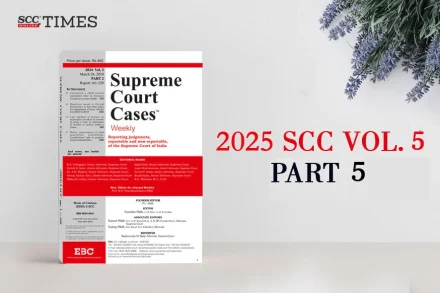
2025 SCC Vol. 5 Part 5
2025 SCC Vol. 5 Part 5: Explore the latest Supreme Court Cases on Administrative Law, Arbitration, Constitution, Income Tax, Criminal Law, Prevention of Money Laundering, and Service Law.

2025 SCC Vol. 5 Part 5: Explore the latest Supreme Court Cases on Administrative Law, Arbitration, Constitution, Income Tax, Criminal Law, Prevention of Money Laundering, and Service Law.
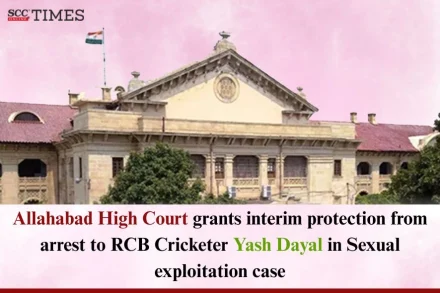
“At this stage, it is difficult to ascertain whether there was any promise of marriage or if there was any such promise; it was a false one from the very beginning with an intention to obtain sexual consent. Matter requires consideration.”

Covering all the important criminal cases across various High Courts and the Supreme Court, this roundup provides a quick summary of cases, links to other roundups, latest legal updates in criminal law and a few top stories of the month.
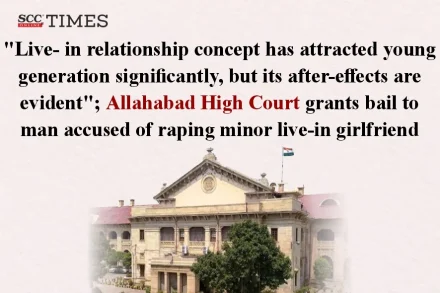
“The concept of live-in relationship goes against the interest of the women since a man can marry a woman or number of women even after a live-in relationship, but it is difficult for the women to find a life partner after a breakup.”
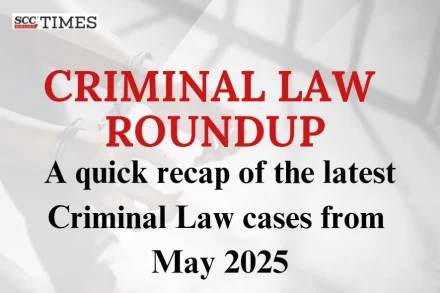
This roundup offers a concise overview of the latest criminal law cases from May 2025, featuring key rulings from the Supreme Court and various High Courts.
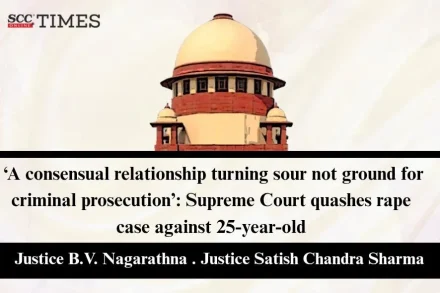
“The consent of the complainant as defined under section 90 IPC cannot be said to have been obtained under a misconception of fact. There is no material to substantiate “inducement or misrepresentation” on the part of the accused to secure consent for sexual relations without having any intention of fulfilling said promise”.

Catch up on the latest High Court developments for May 2025, including Ankur Warikoo’s case on deepfakes, the ongoing stray dog menace, and important discussions on menstrual health. Stay informed with this comprehensive weekly roundup!

“The fact that the parties maintained a relationship for five long years would make it difficult to hold that the sexual relationship was based upon a promise to marry.”
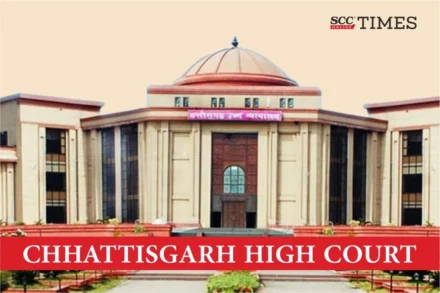
“In the present case, aggrieved party that is the husband of the complainant has not made complaint of adultery before the Court; therefore, ingredients of Section 497 of the IPC have not been made out against the convict.”

Respondent 3 was fully aware of the bond of matrimony existing between her and the petitioner after the civil registration of their marriage and consciously decided to engage in consensual sexual interactions. So, it cannot be said that her consent for sexual relationship is vitiated by a promise to marry based on religious customs.

The accused, despite being fully aware of the age difference, actively pursued the relationship, gave assurances of marriage, and induced the victim to make financial and emotional commitments.
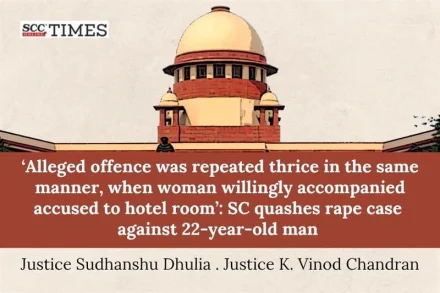
“There was no promise of marriage to coerce consent from the complainant for sexual intercourse.”

“It is a well-accepted principle that bail is the rule and jail is the exception.”
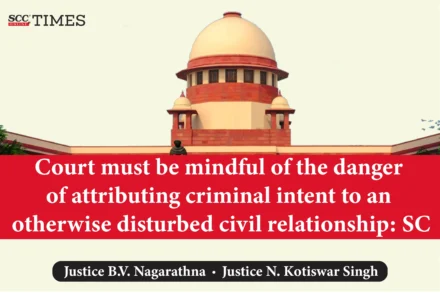
The Court further observed that there is a worrying trend that consensual relationships going on for prolonged period, upon turning sour, have been sought to be criminalised by invoking criminal jurisprudence.
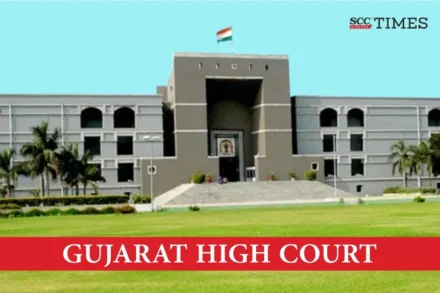
The Court is conscious of the fact that though the pregnancy of the minor rape victim is of 24 weeks and 05 days, the risk associated with the termination of pregnancy is not higher than the risk of delivery at full term of pregnancy at the tender age of 16.

“Each promise of marriage would not be considered as a fact of misconception for the purpose of consensual sexual intercourse unless it is established that such promise of marriage was a false promise of marriage on the part of the accused since the beginning of such a relationship.”

Kerala High Court said that there was no undue delay in filing the FIR, as the relationship was predicated on the promise of marriage

A quick review of reported cases this week from various High Courts across the country

“The promise of marriage must have been a false promise, given in bad faith and with no intention of being adhered to at the time it was given”- Supreme Court in Pramod Suryabhan Pawar v. State of Maharashtra, (2019) 9 SCC 608

‘In a young age when relationship develops, they naturally carry impression that they will get married. However, sometimes it fails, and the girl, considering herself to be betrayed and deceived, cannot lodge the FIR saying that rape has been committed with her.”